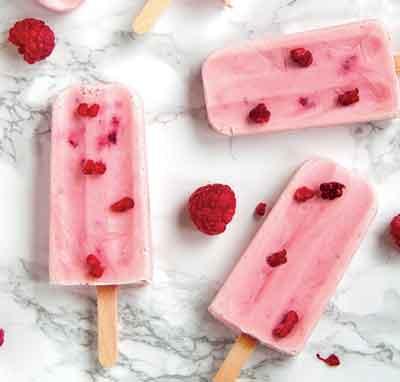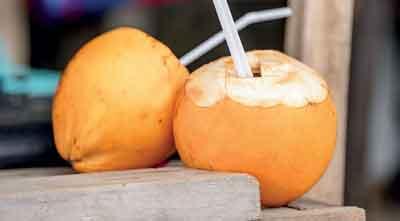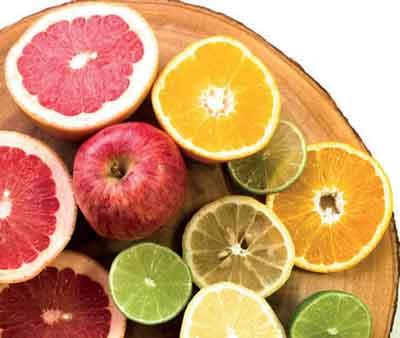 As Sri Lanka experiences a sharp rise in temperatures and humidity over the past few weeks, many of us are feeling increasingly drained, fatigued, and in some cases, even unwell. While we often focus on sun protection and staying indoors during peak hours, one fundamental factor that’s easy to overlook is hydration. In tropical climates such as ours, where heat and humidity are constant companions, drinking enough fluids isn’t just good advice, it’s a necessity.
As Sri Lanka experiences a sharp rise in temperatures and humidity over the past few weeks, many of us are feeling increasingly drained, fatigued, and in some cases, even unwell. While we often focus on sun protection and staying indoors during peak hours, one fundamental factor that’s easy to overlook is hydration. In tropical climates such as ours, where heat and humidity are constant companions, drinking enough fluids isn’t just good advice, it’s a necessity.
Why Is Hydration So Important?
Water makes up about 60% of the average adult male’s body weight and 50–55% in females. Every cell, tissue, and organ in the body depends on water to function properly. It plays many key roles, including:
- Regulating body temperature
- Transporting nutrients and oxygen to cells
- Supporting skin health
- Acting as a cushion for joints and organs
- Removing waste products through urine and sweat
We naturally lose water throughout the day, through urination, perspiration, breathing, and digestion. But in hot conditions, especially with increased sweating, these losses are significantly higher. Without adequate fluid intake, the body struggles to maintain its normal functions.
Recognising Dehydration
Even mild dehydration, just a 1% loss of body weight from fluids can lead to:
- Headaches
- Dizziness
- Dry mouth
- Poor concentration
- Fatigue
As dehydration worsens, so do its symptoms. One early sign is a change in urine colour - darker urine indicates the body is conserving water and more fluid is needed.

How Much Should You Drink?
While individual needs vary based on activity level, age, and climate, the general recommendation is:
- Adults: 1.5 to 2 litres of fluid per day (approximately 8–10 glasses)
- Children: 6–8 glasses per day
Certain groups are more vulnerable to dehydration and should take extra care:
- Children and adolescents, particularly if active or playing outdoors
- Older adults, who may have a reduced sense of thirst
- Pregnant or breastfeeding women, due to increased fluid requirements

Hydration Sources: Beyond Just Water
While water is the healthiest and most effective option, other fluids and foods also contribute to your daily intake. These include:
- Coconut water: Naturally rich in electrolytes and ideal after physical activity.
- Infused water: Adding lemon, cucumber, mint, or basil seeds can make it more appealing.
- Fresh fruits and vegetables: Watermelon, cucumbers, tomatoes, celery, and spinach are excellent choices.
- Soups and stews: Great sources of both nutrients and hydration.
- Tea, coffee, and milk: These do count towards fluid intake, but moderation is advised due to caffeine and sugar content.
It’s best to limit sugary drinks, energy drinks, and alcohol, as they can contribute to dehydration.

Tips to Stay Hydrated During the Heatwave
- Carry a reusable water bottle with you at all times, whether at work, school, or home.
- Set reminders on your phone or use hydration tracking apps to encourage regular intake.
- Drink water before, during, and after physical activity, even if you don’t feel thirsty.
- Start your morning with a glass of water before tea or coffee.
- Monitor your urine colour: A pale straw colour usually means you’re well hydrated.
Final Thoughts
Staying hydrated may seem like a small habit, but its impact on your energy levels, concentration, and overall health is enormous, especially during periods of extreme heat and humidity. As we continue to navigate this heatwave, be proactive about your fluid intake. Make hydration part of your daily routine, not just a response to thirst. Remember, sometimes the simplest solutions like drinking a glass of water can be the most powerful steps toward better health.












